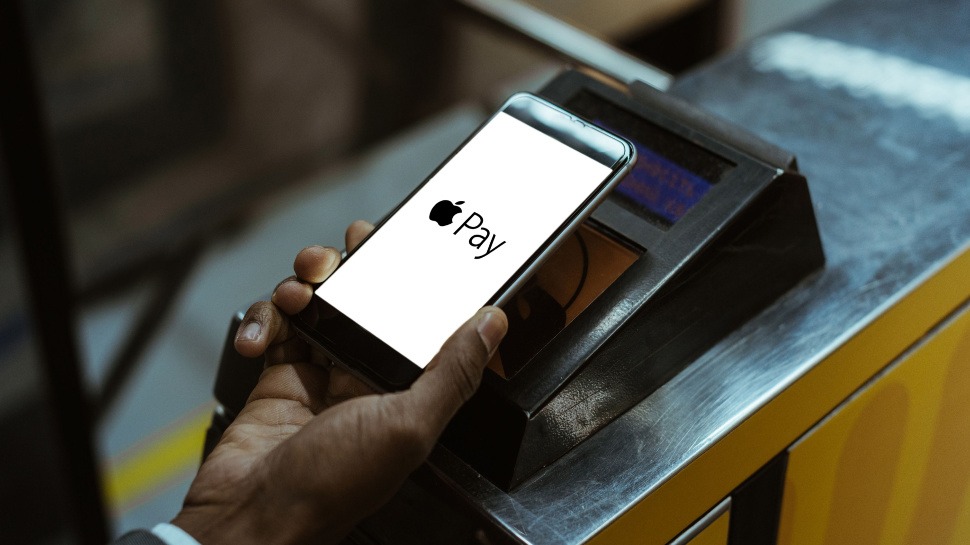Using Apple Pay might actually end up being a pleasant experience for users soon following rumors of a new update to the mobile payments service.
Reports have claimed that Apple Pay will soon work on other browsers (opens in new tab) aside from the company’s Safari platform, opening up the service to more users everywhere.
The feature was uncovered by MacRumors contributor Steve Moser, who found Apple Pay worked with both Microsoft Edge and Google Chrome in the latest iOS 16 beta 4.
Apple Pay browsers
In a series of tweets (opens in new tab), Moser demonstrated how a new “Continue with Apple Pay” option was now appearing on Apple’s checkout page when using Edge and Chrome.
Moser’s work was later added to by another Twitter user who spotted Apple Pay had worked on Firefox before the iOS 16 beta 4 release.
Until now, Apple Pay had only worked in Safari, forcing users to embrace the full Apple software ecosystem regardless of what browser they used on a daily basis.
Moser noted that Apple Pay still isn’t available in macOS, most likely because, due to Apple’s own requirements, Edge, Chrome and Firefox all use the WebKit rendering engine in Safari on iOS.
As the updates were spotted in a beta version of iOS, it’s likely that they will be released at some point – probably after Apple has been able to iron out any kinks.
The news comes as Apple Pay continues to struggle somewhat in some areas. A recent lawsuit against Apple (opens in new tab) centered on the service, claiming that Apple “coerces” iPhone users into adopting its own contactless payments solution.
The lawsuit notes the company’s unwillingness to allow alternative wallets onto its iOS platform leads thousands of banks and credit unions to pay upwards of $1 billion in additional fees each year.
This came after figures released last year showed that only 6% of shoppers (opens in new tab) with iPhones in the US had used the platform to pay for their in-store purchases at some point in the past year.
TechRadar Pro has asked Apple for comment.
Via The Verge (opens in new tab)





